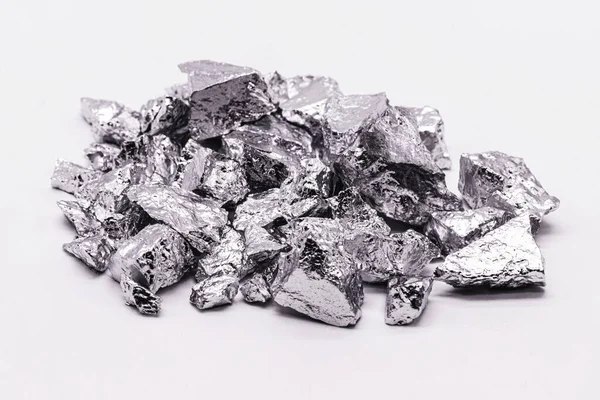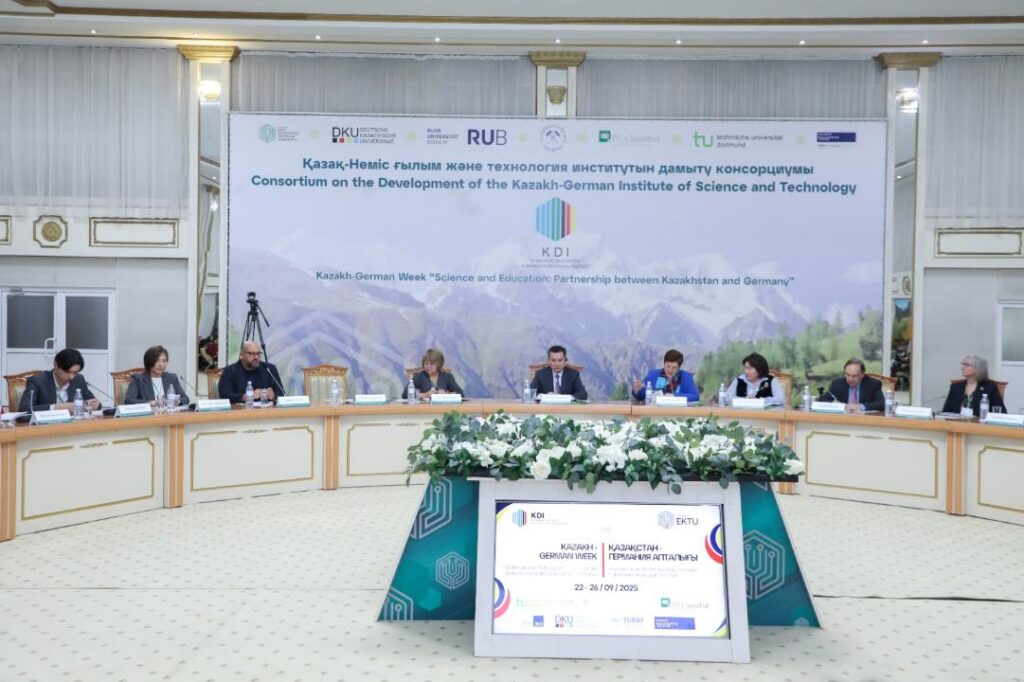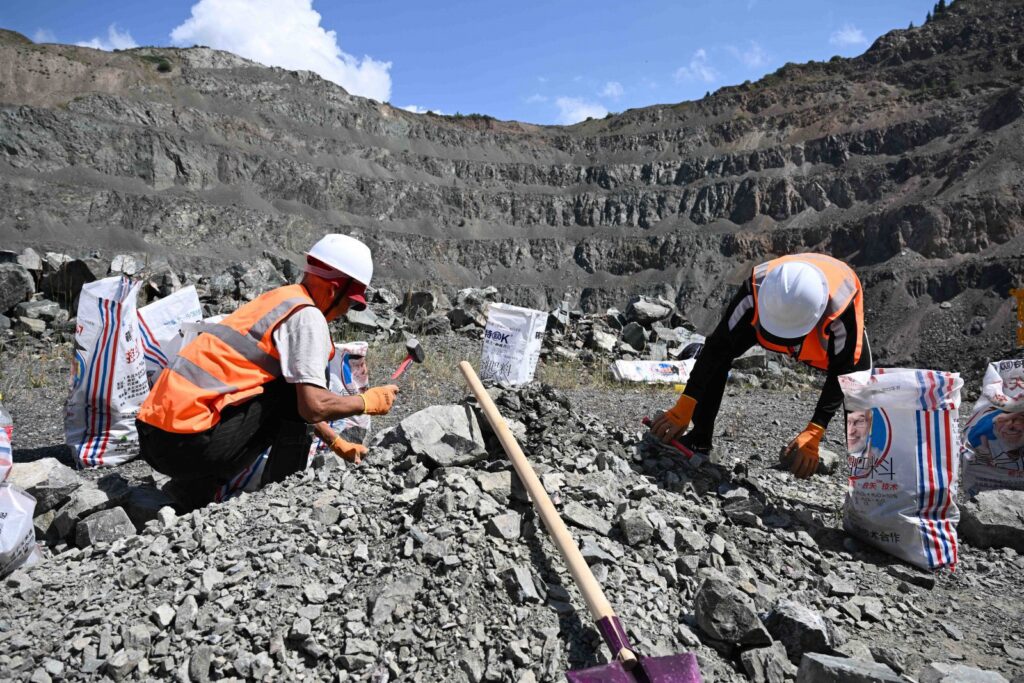Kazakhstan’s Largest Coal Mine to Increase Production from 2026
Bogatyr Kömir LLP, the operator of Kazakhstan’s largest coal mine in Ekibastuz, in Pavlodar region, plans to gradually increase production beginning in 2026, the Ministry of Energy reports. The company, which uses open-pit mining, is the country’s largest supplier of coal to the domestic market, accounting for about 38% of total coal output. According to the ministry, coal production in Kazakhstan reached 120.5 million tons in 2025. With balance reserves estimated at 2.4 billion tons, the company is positioning itself for long-term growth. Under current plans, output is expected to rise from 42.7 million tons in 2024 to 45.2 million tons by 2026, reaching 56.5 million tons annually by 2032. The expansion will be backed by a $733 million investment program for 2026-2032. Funds will be allocated to capital construction and technological upgrades, including the introduction of cyclic-flow technology at the Severny open-pit mine and the development of new spoil tips. The company also plans to modernize its mining transport fleet and reconstruct and overhaul existing facilities to ensure stable fuel supplies to the energy sector. The Ministry of Energy links the production increase to the implementation of a national project to expand coal-fired power generation. The Pavlodar region already plays a central role in the country’s energy system, accounting for about 42% of Kazakhstan’s total electricity generation last year. Key elements of the program include expanding the Ekibastuz GRES-2 power plant, increasing its installed capacity from 1 GW to 2.1 GW; constructing a new Ekibastuz GRES-3 power plant with a capacity of 2.64 GW using “clean coal” technologies; and modernizing the GRES plant in Aksu. According to the ministry, a significant increase in power generation requires advance expansion of the raw material base. Additional electricity demand is also expected from digital infrastructure projects. As previously reported by The Times of Central Asia, authorities plan to create a “valley” of data centers in the Pavlodar region focused on digitalization and high-performance computing.






